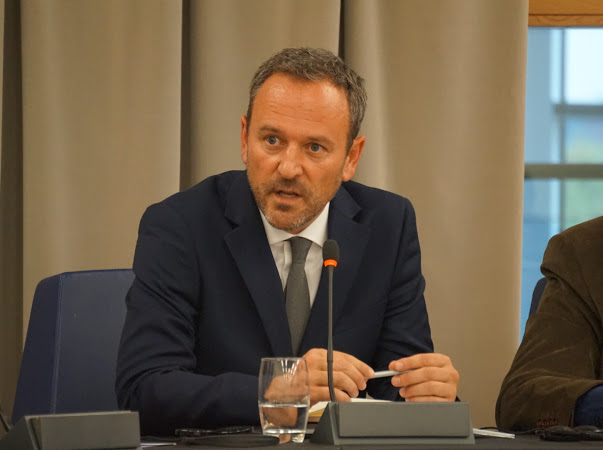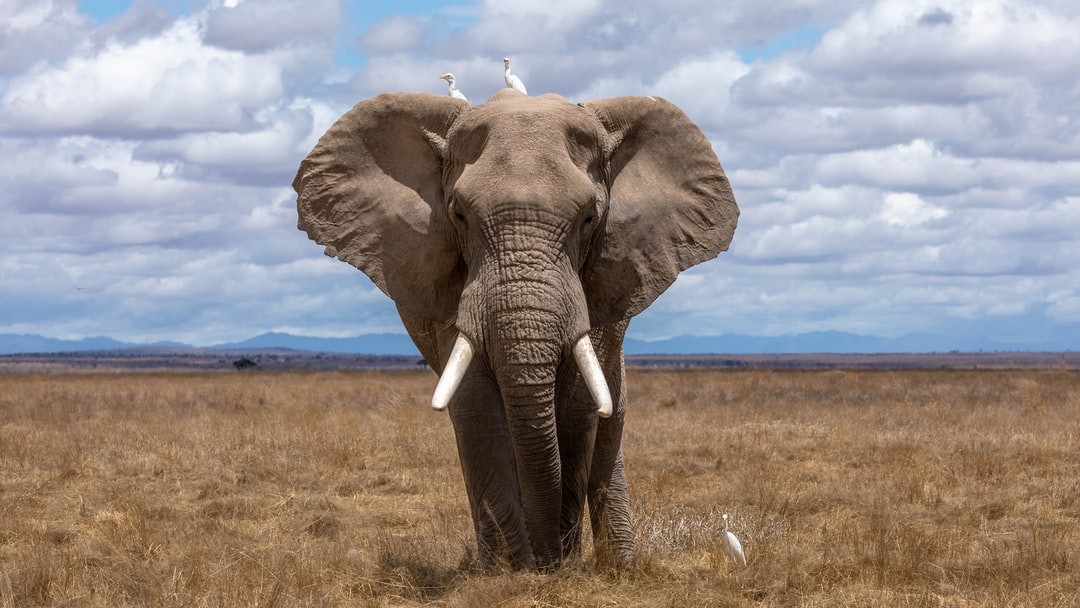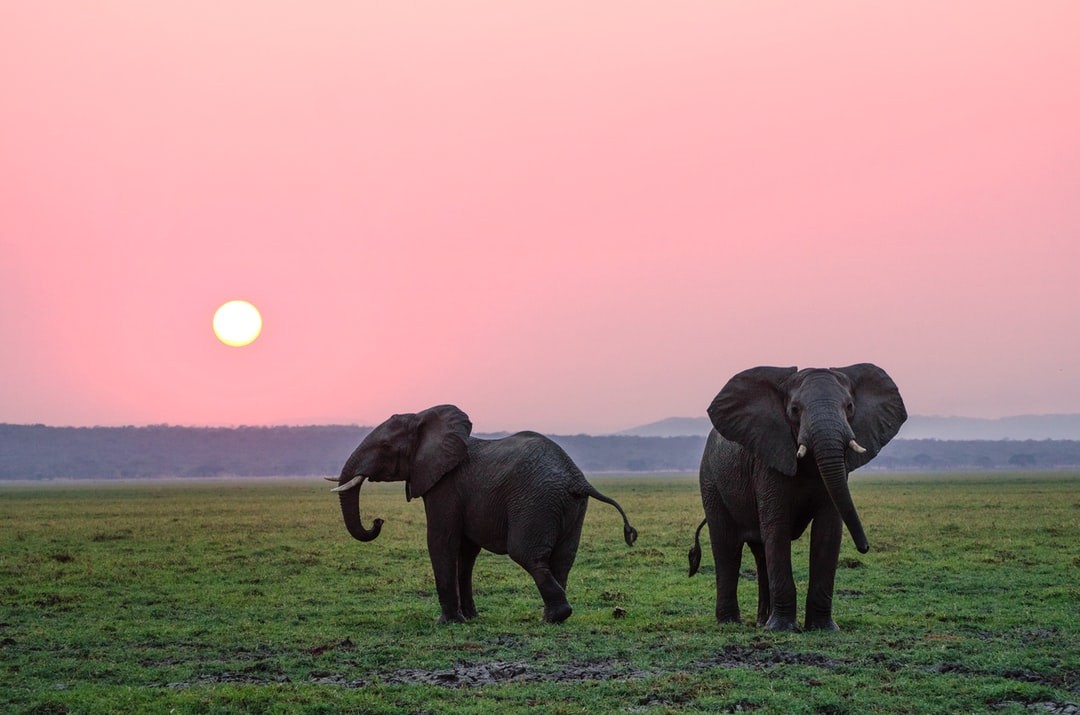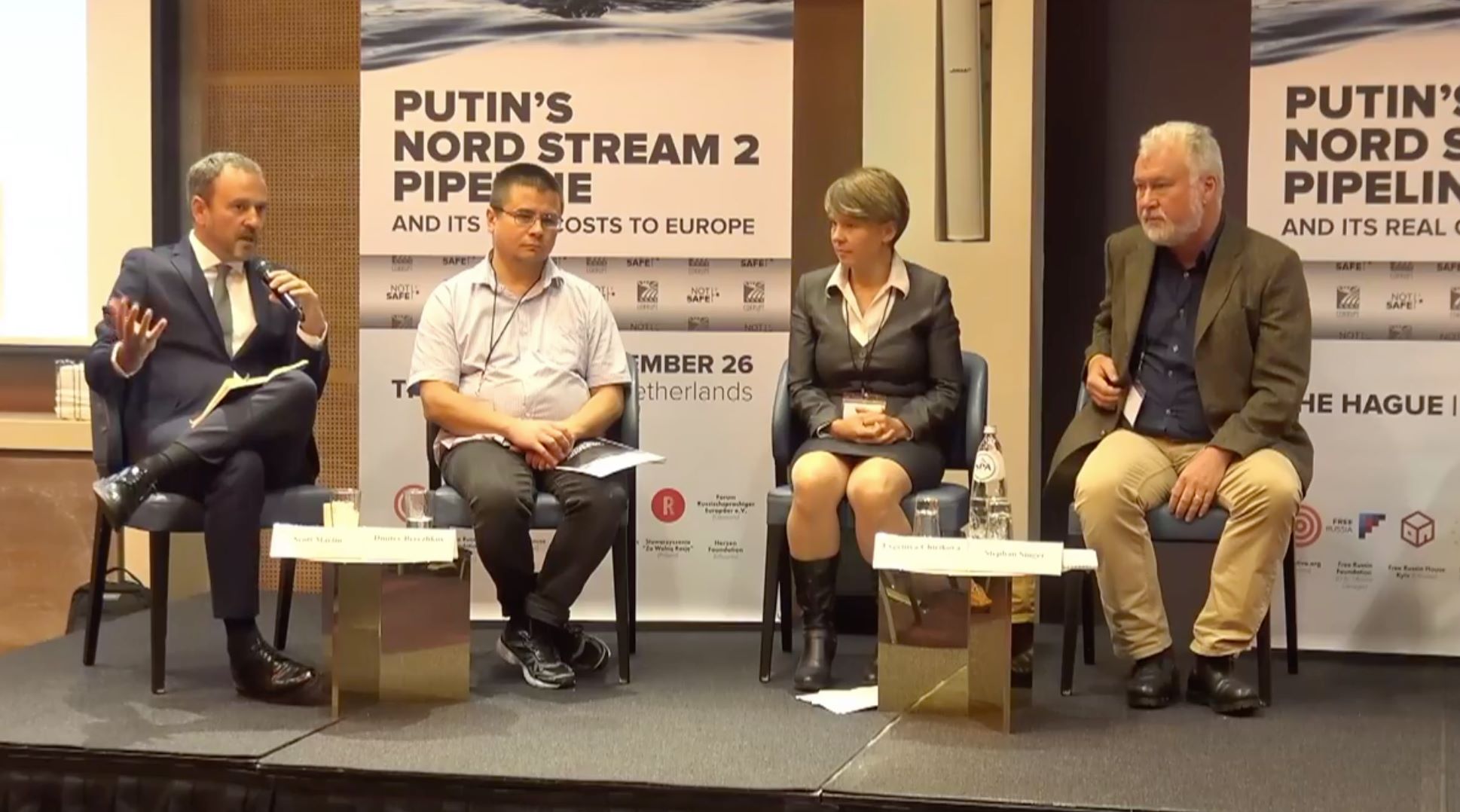Global Environmental Investigations
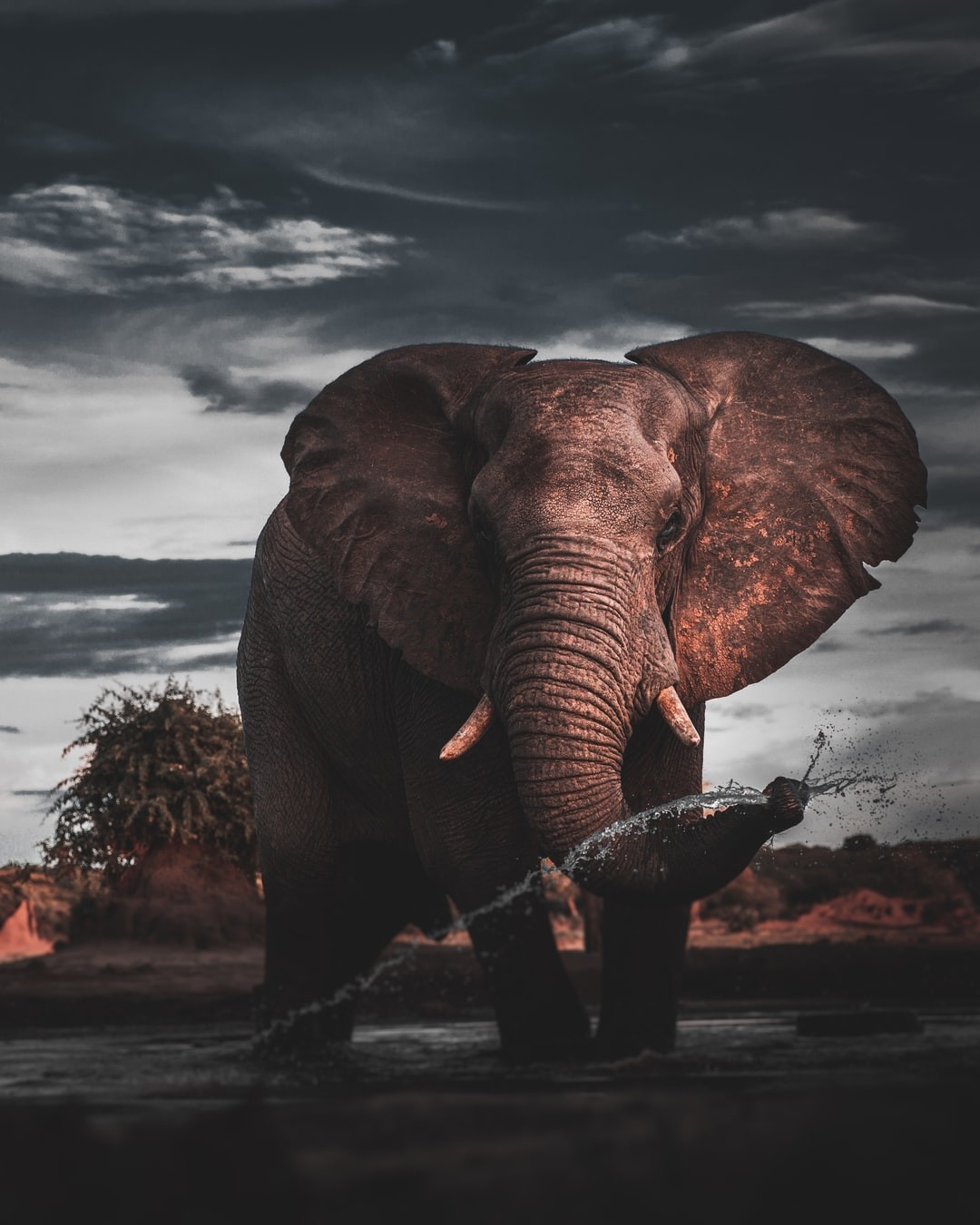

Investigations and Prosecutions
Advising investigators and prosecutors and conducting investigations for violations of domestic and international environmental laws, including those that promote animal welfare, protect endangered species and their critical habitats, and address the illegal trade of wildlife.
Legal and Regulatory Reform
Establishing a legal regime to ensure that law enforcement agencies have the legal infrastructure to enforce environmental law, including laws promoting animal welfare, protecting endangered species and their critical habitats, and stopping the illegal trade of wildlife.
US and Other Domestic Law
Providing legal advice on US law, including clean air, clean water, endangered species, wetlands, hazardous substances, and other current issues, particularly as US law relates to international law and events.

Core Services
Advisory Services and Training for Investigations
Law enforcement authorities, customs officials, government inspectors, park rangers, non-governmental organisations (‘NGOs’) and others require advisory services and training on the prevention, identification, investigation and presentation of evidence relating to the violation of domestic and international environmental laws, including investigating animal welfare, endangered species, and the illegal trade of wildlife.
Advisory Services and Training for Prosecutions
Prosecution offices must be well-equipped to provide effective criminal prosecutions and other enforcement services against criminal perpetrators. Further, civil society organisations should be well-trained to understand the most effective methods for presenting evidence to domestic prosecuting bodies to assist them in promoting the effective prosecution of environmental violations, including the illegal trade in wildlife.
Legal Reform
Working on legislative, regulatory and policy reform in advance of environmental invesetigations (including wildlife-related investigations) is of paramount importance for a state, as failure to do so threatens the quality and breadth of future law enforcement actions. GJA assesses a state’s legal infrastructure and gauges steps that should be taken to ensure that all relevant principles and practices are fully incorporated into a state’s legal system.
Prosecution and Adjudication of IHL Violations and International Crimes
The Office of the Prosecutor of the International Criminal Court (“ICC”) considers crimes under its jurisdiction relating to the environment, including the destruction of the environment, illegal exploitation of natural resources or the illegal dispossession of land. GJA can assists groups and individuals preparing submissions and collating dossiers of information alleging the perpetration of an environmental crime for cases where the ICC has jurisdiction. It can also advise domestic bodies with legal and practice reform to ensure it has the capability to do the same in-country.
Other Services
Non-governmental organisations, intergovernmental organisations, business enterprises, industry associations, interested individuals and others also require training on understanding animal welfare protections in-country, protecting endangered species and their habitats, and stopping the illegal trade of wildlife. With this assistance, such organisations, businesses and individuals are better-positioned to comply with relevant legal measures and assist government officials with their enforcement responsibilities.

GJA Staff Work
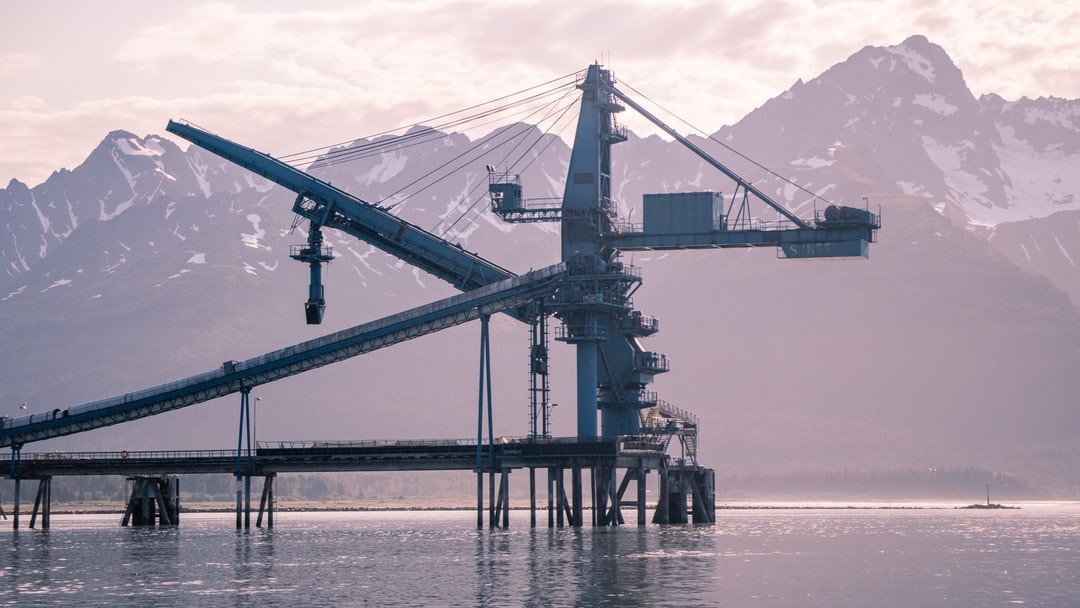
Russian Federation
In 2019, Scott Martin of GJA visited several countries with the Free Russia Foundation and its partners in an effort to have Europe reconsider development of the Nord Stream 2 gas pipeline (the second pipeline being built by Russian gas giant Gazprom that will link Russian gas directly to Germany). Mr Martin spoke about the pipeline’s effect on climate change, animal welfare, and other environmental implications. In addition to the environmental implications of building another pipeline in the Baltic Sea, the pipeline will likely lead to security, espionage, geopolitical, and other concerns.
Japan
Provided legal advisory services to World Wildlife Fund – TRAFFIC in Tokyo regarding the Convention on International Trade in Endangered Species and its domestic endangered species law in an effort to ban the commercial trade in ivory in Japan. Legal assessment considered review of domestic laws on the legal acquisition of ivory, registration of businesses that sell ivory, its traceability, legal private possession, online trade, management of ivory stockpiles, and penalties for violating such laws.
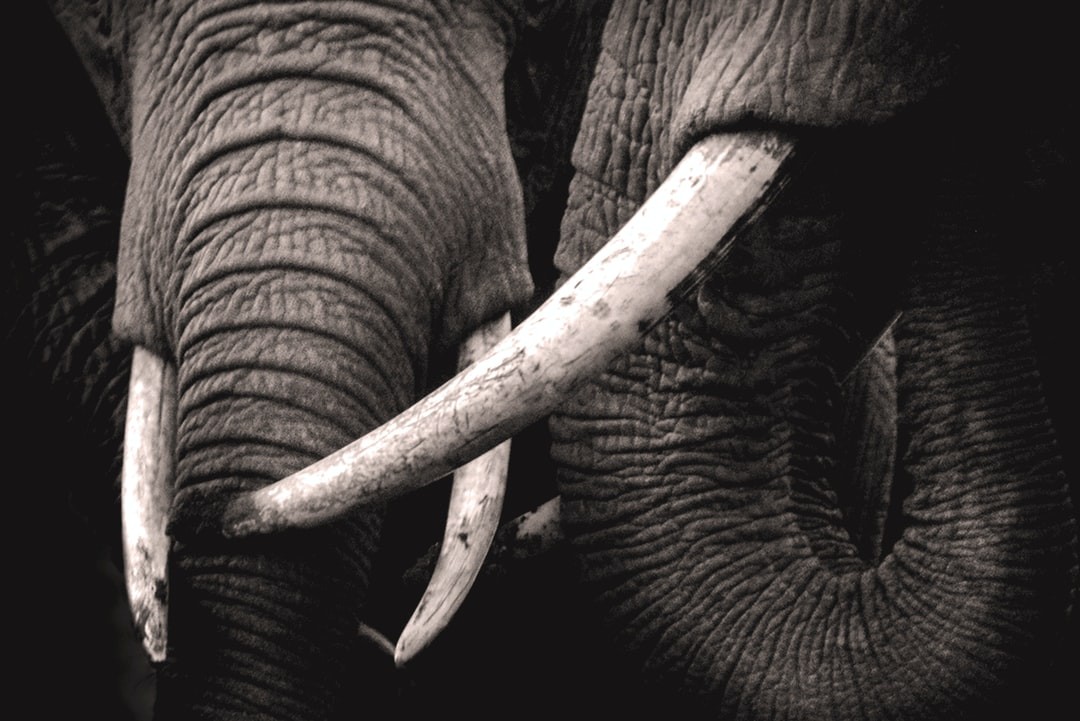
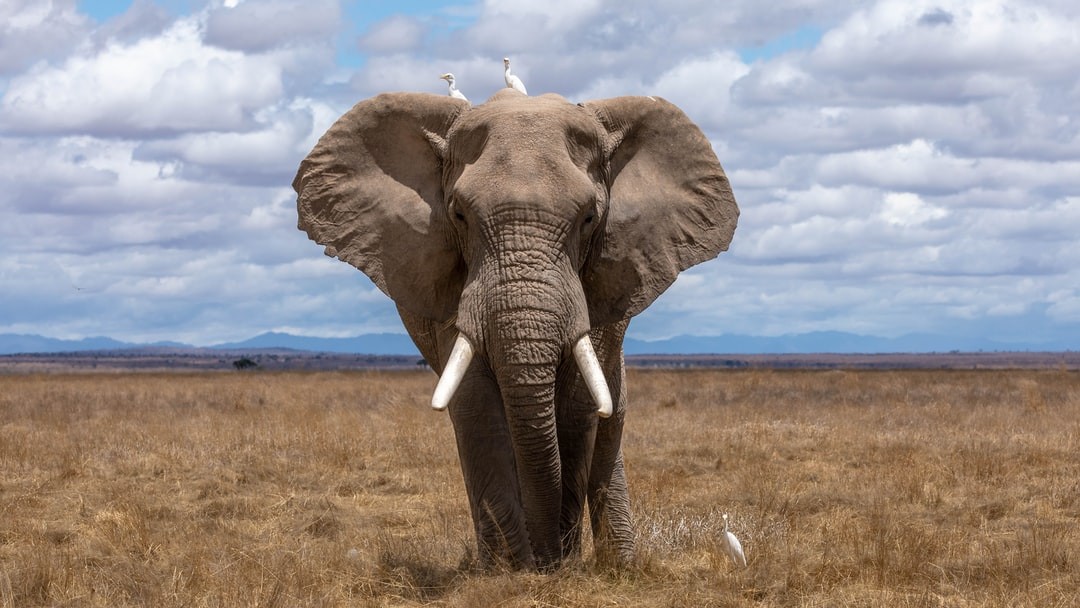
Hong Kong
In an effort to convince the Hong Kong government to ban trade in elephant ivory, Scott Martin provided World Wildlife Fund-Hong Kong with a feasibility study on banning the commercial trade. The study also included significant contributions from leading environmental lawyers at Baker & McKenzie in the United States, WWF offices in China and Thailand, the WWF international headquarters in Washington, DC, as well as from TRAFFIC East Asia.
On 27 June 2016, the Hong Kong Government proposed a ban on all forms of commercial ivory trading to the Hong Kong Legislative Council.
Hong Kong
Scott Martin and GRC, in partnership with the Hong Kong Shark Fin Foundation, conducted a comparative analysis of international best practices regarding the regulation of sharks and issuing recommendations to Hong Kong Government, identifying areas for improvement in Hong Kong’s regulatory regime as well as its procedures governing non-compliance and penalties. It also recommended legislative and regulatory amendments based on responsible shark fin trade practices in other jurisdictions.
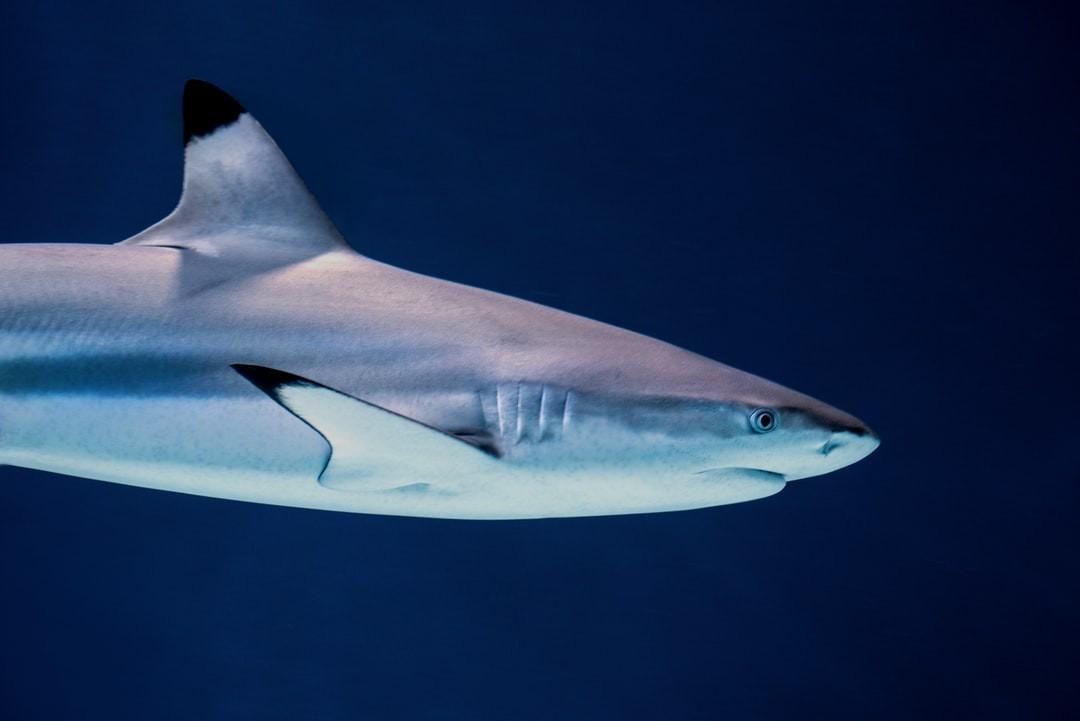

Hong Kong
Scott Martin and Ashley Jordana of GRC conducted a comparative study of international best practices to promote sustainable fishing practices, with an emphasis on improved food labelling laws in Hong Kong. The study focused on seafood labelling in Hong Kong, aiming to assess the applicable regulatory regime against international best practices; to identify weaknesses or shortcomings; and to inform commercial entities in Hong Kong about how to align their own practices with international best practices.
Hong Kong
In 2022, Scott Martin worked with ADM Capital Foundation to analyse seafood import legal regimes and traceability controls in China, the European Union, Indonesia, Japan and the United States to assist with improving the practice of importing seafood to Hong Kong. The overall purpose for conducting this research is to advise the Hong Kong government on policy reform relating to seafood imports so that seafood businesses and their customers can have more certainty that the products they trade in are legal, sustainable and safe.
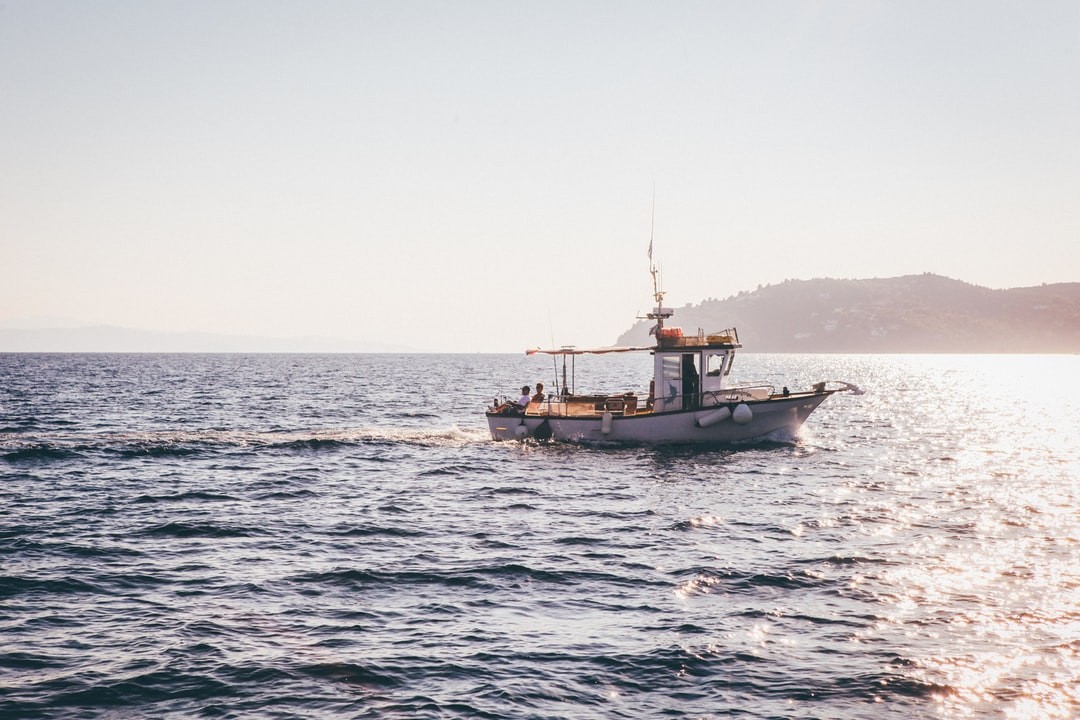

United States
Scott Martin worked in Washington DC in enviornmental law before launching his international legal career at a law firm that litigates major federal litigation involving environmental protection and transparent government on behalf of national non-profit groups including Sierra Club, Natural Resources Defense Council, and others.

